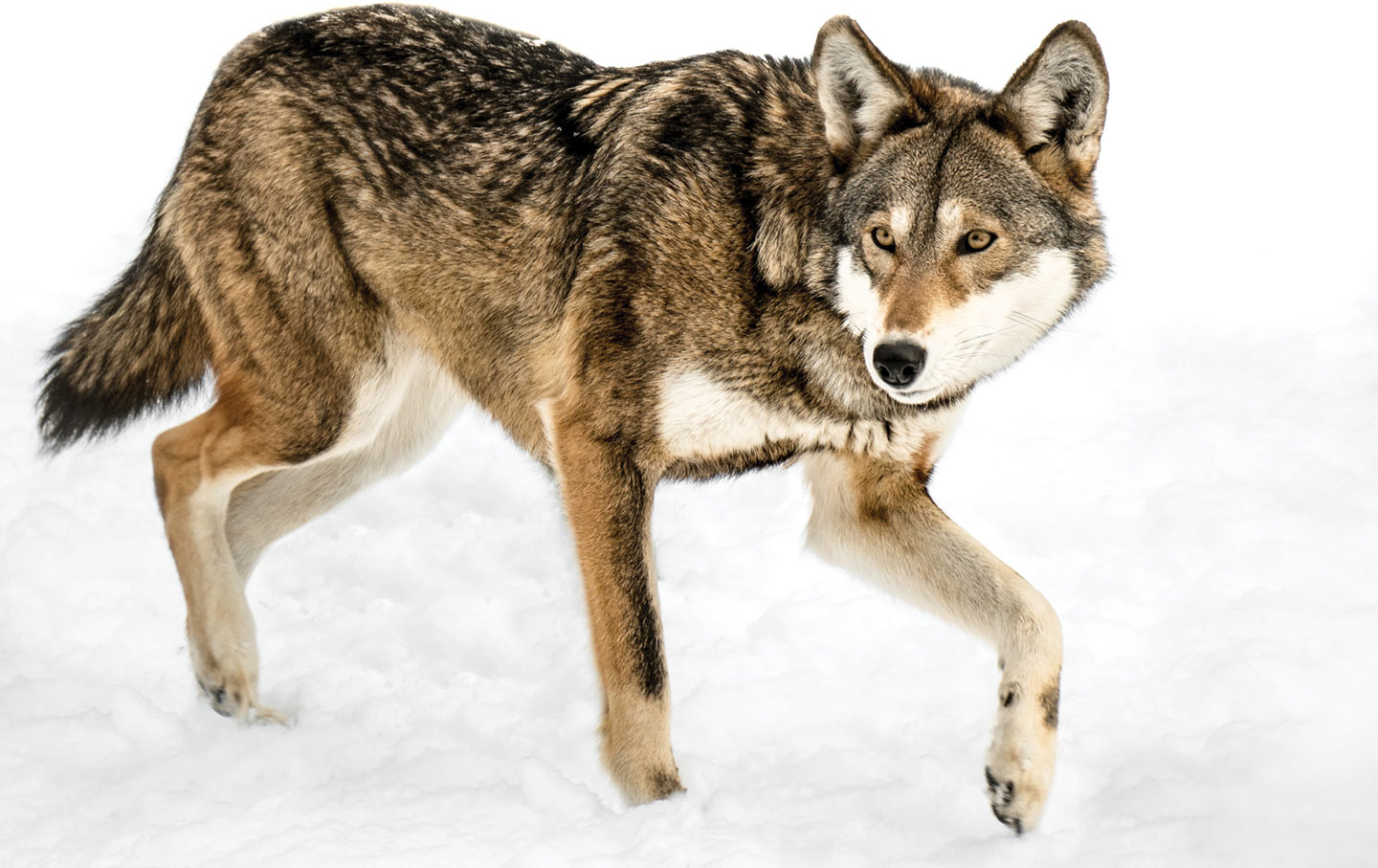A
Anonymous member 148
Guest
Yep. Protect them where they can still be successful not in constant conflict. Sometimes we can't go back 200 years.Crap - wrong thread. Thought we were still talking about corn dogs...
So wolves... My 2cents - wolves are amazing animals. Top predators and worthy of respect and admiration in the animal kingdom. They belong in vast wild areas, such as the cold and remote northern areas of Alaska, Canada, Europe, and Asia. In fact, populations are doing quite well in these regions.
What I don't agree with is trying to force us to go back in time here in the lower 48 and shoehorn in species that have been wiped out. Wolves, mastodons, t-rex... Simply because something USED to live here, doesn't mean it needs to come back, especially if has a vast and healthy population and habitat elsewhere in the world. This concept of 'endangered regionally" is terrible science and policy.
Bottom line, the age of wolves in the lower 48 is over. Trying to artificially re-introduce packs in these heavily human populated states is nothing short of a mental disorder. Some hippy pipedream they came up with while listening to "imagine" by John Lennon. Reality and truth can be hard to swallow, but that is what responsible grownups do.
I was really confused for a minute... is he talking about deep frying a wolf???
















